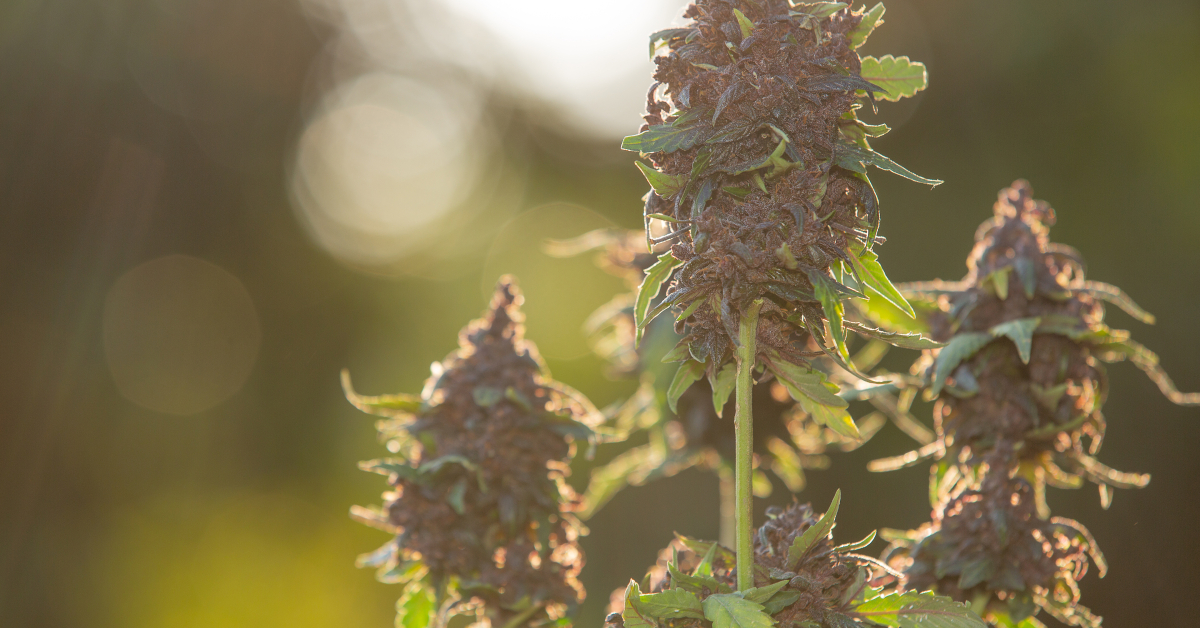A recent study has found that Atlanta’s decision to decriminalize marijuana has contributed to a reduction in violent crime, contradicting concerns that such a policy change could lead to increased criminal activity. The research indicates that shifting law enforcement focus away from minor cannabis-related offenses allowed authorities to dedicate more resources to preventing serious crimes.
Impact of Atlanta’s 2017 Decriminalization Policy
In 2017, Atlanta reduced penalties for the possession of small amounts of marijuana. Previously, possessing up to an ounce of cannabis could result in up to a year in jail and a fine of $1,500. After the policy change, the maximum penalty was reduced to a civil fine of $75 with no jail time. While some critics feared that loosening these penalties would lead to an increase in crime, the study’s findings suggest otherwise.
According to the research, decriminalization led to an estimated reduction of approximately 20 violent crimes per 100,000 people per month in Atlanta. This translates to a 19.7% drop in violent crime rates compared to the period before the policy shift.
Law Enforcement Prioritization and Public Safety
The study supports the notion that decriminalization allowed police officers to redirect their efforts towards addressing more serious offenses. Shortly after the policy change, the Atlanta Police Department (APD) emphasized a focus on violent crimes, stating that they wanted to ensure jails housed individuals involved in more dangerous offenses such as armed robbery, burglary, and sexual assault, rather than non-violent cannabis users.
The researchers analyzed crime data from the FBI’s Uniform Crime Reports between 2015 and 2018, comparing Atlanta’s crime trends to other Georgia cities with populations exceeding 25,000 that had not decriminalized marijuana. Their findings consistently showed a decline in violent crime in Atlanta relative to these control cities.
Furthermore, the study found no evidence that crime rates had simply shifted to surrounding counties; reinforcing the idea that decriminalization positively impacted Atlanta without causing criminal activity to relocate elsewhere.
Long-Term Trends and Policy Implications
More than a year after Atlanta implemented the new policy, crime rates remained lower than pre-decriminalization levels. The researchers concluded that decriminalization efforts likely contributed to this sustained decline in violent offenses.
The study’s results align with previous research that suggests legalizing or decriminalizing marijuana does not necessarily lead to an increase in crime. In fact, some studies indicate that it may even reduce violent offenses by decreasing illegal drug trade conflicts and freeing up law enforcement resources for more serious matters.
Broader Context and Ongoing Debate
The findings come amid ongoing discussions about the relationship between drug policies and crime rates. Some lawmakers continue to argue that cannabis decriminalization and legalization could lead to higher crime levels. For example, earlier this year, Virginia Governor Glenn Youngkin warned that legalizing retail marijuana sales might result in increased violent crime and social issues. However, supporters of cannabis reform argue that legalization could reduce illegal sales and associated violence.
Similar debates have unfolded in Florida, where state officials claimed that legalizing cannabis would contribute to higher prison populations and increased costs for taxpayers. However, studies like the one conducted in Atlanta challenge these claims by showing potential benefits of decriminalization.
At the federal level, policymakers have also weighed in on the issue. In 2022, then-Senate Majority Leader Chuck Schumer stated that evidence from states that had legalized cannabis showed no significant increase in crime rates. Additionally, some reports suggest that restricting cannabis businesses’ access to banking services, forcing them to operate largely in cash, makes them more vulnerable to theft and criminal activity.
Conclusion
The new study on Atlanta’s decriminalization policy adds to growing evidence that reducing penalties for minor marijuana offenses does not lead to an increase in crime. Instead, it allows law enforcement to focus on more serious issues, ultimately enhancing public safety. As debates over cannabis policies continue across the United States, findings like these may play a crucial role in shaping future legislative decisions regarding marijuana laws and criminal justice reform.
